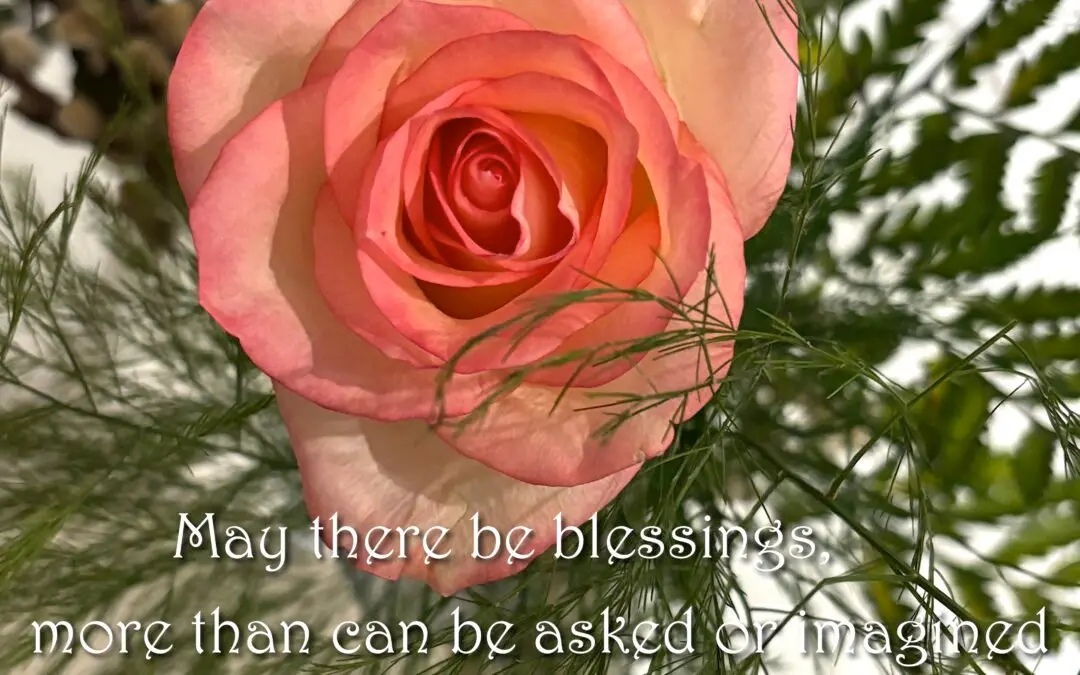
A NEW YEAR BEGINS!
May there be blessings
more than can be asked
or imagined
for
all things are possible.
© june maffin

May there be blessings
more than can be asked
or imagined
for
all things are possible.
© june maffin
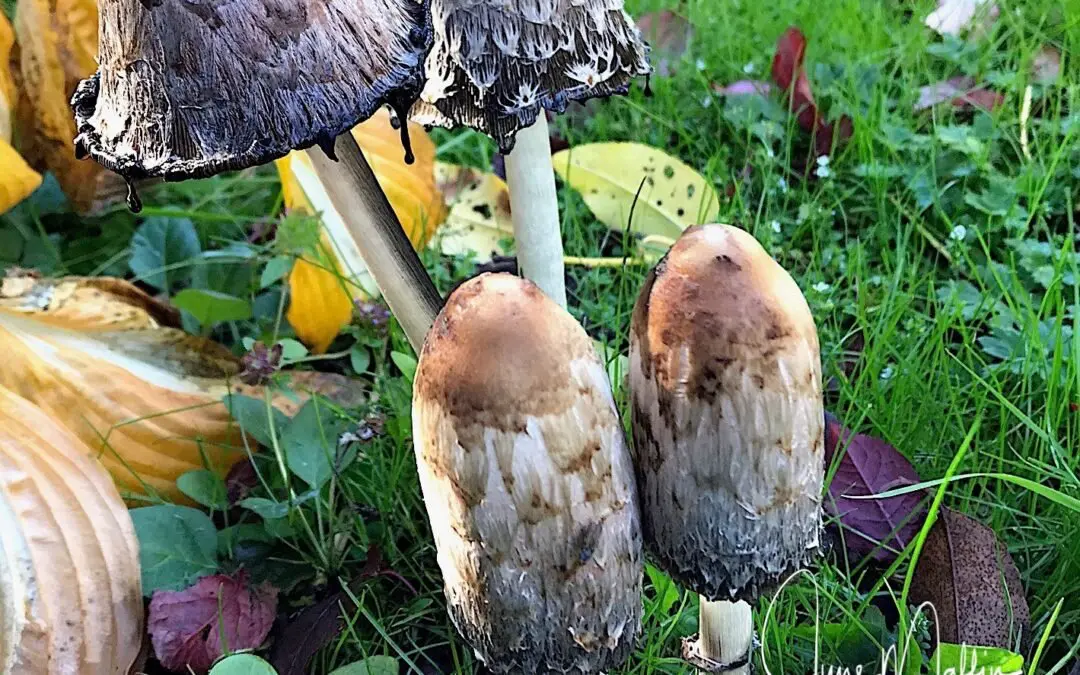
Time to process what has just happened in the United States … and really, what has happened that will affect the world.
So, I took a little walk around the yard, enjoying Mother Nature breathing in life, ruach, praying, healing.
The mushrooms that keep popping up in the yard may have a short life, but each day, through them, Mother Nature provides such wonderful colour, texture, shape, peace.
And a gentle feeling of hope begins to slowly surface.
The mushrooms make their way through the earth year after year after year, in spite of winter weather, summer heat, fall and spring rain.
So too will humanity.
Thank you, Mother Nature, for your everpresent reminder that “All shall be well. All shall be well. All manner of thing shall be well.” (Dame Julian who reminds us that even though things may not be well, in time, they “shall be.”)
Reach for the sun, mushrooms.
Reach for the sky.
Keep on growing and surviving in spite of the elements of Nature.
You are a remarkable metaphor for humankind.
© June Maffin
https://www.soulistry.com/blog
www.facebook.com/groups/soulistry
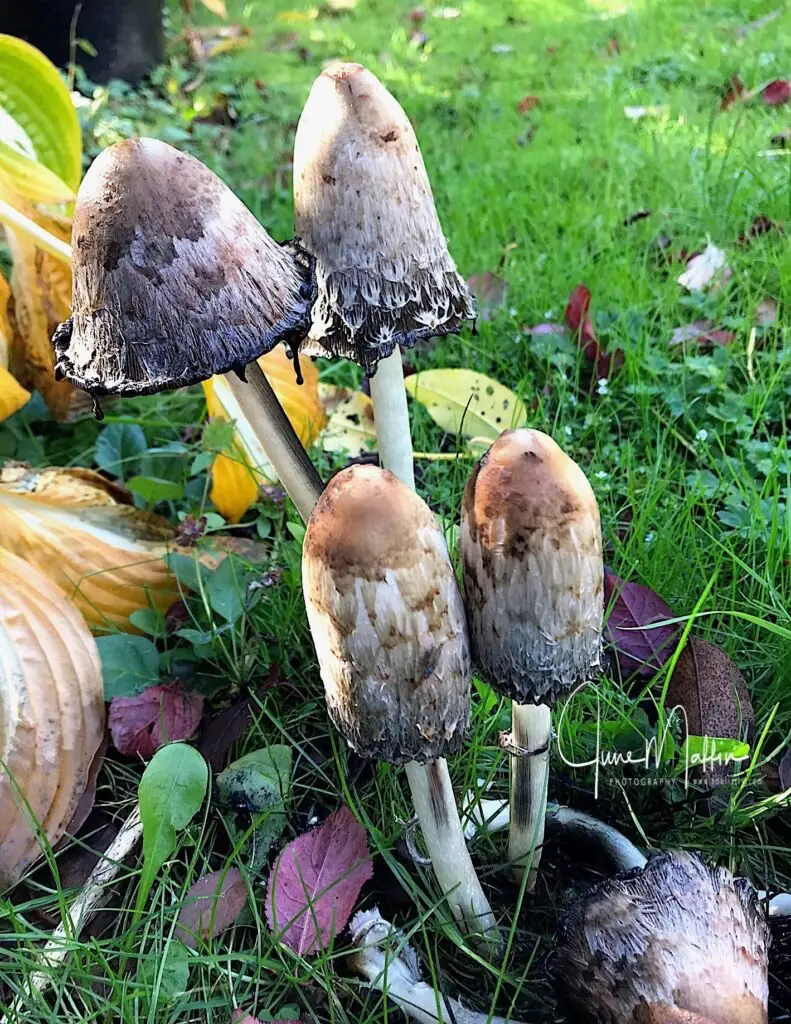
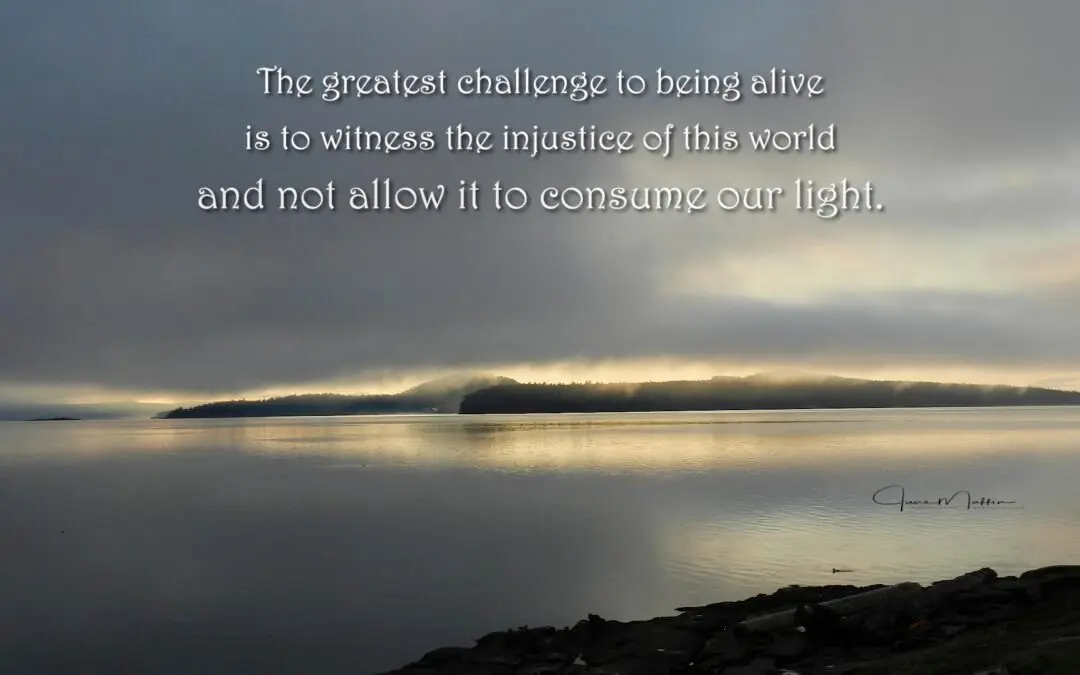
“Where is the injustice in the outcome?”
It rests in
the lies he told;
the crimes he committed;
the supporters who blindly followed and follow;
the team around him who have planned and will carry out Project 2025.
I cannot – must not …
We cannot – must not … allow it to consume our light.
Gentle cyberhug is on its way to all who are confused, who are angry, who grieve.
May the light … even if only just a flicker … never go out.
And if it goes out,
may another stand with us as a reminder that “we are not alone.”
Together, the light remains lit.
May we be gentle with ourselves – and one another.
*****************************************
© June Maffin
https://www.soulistry.com/blog
www.facebook.com/groups/soulistry
Quote: unknown source

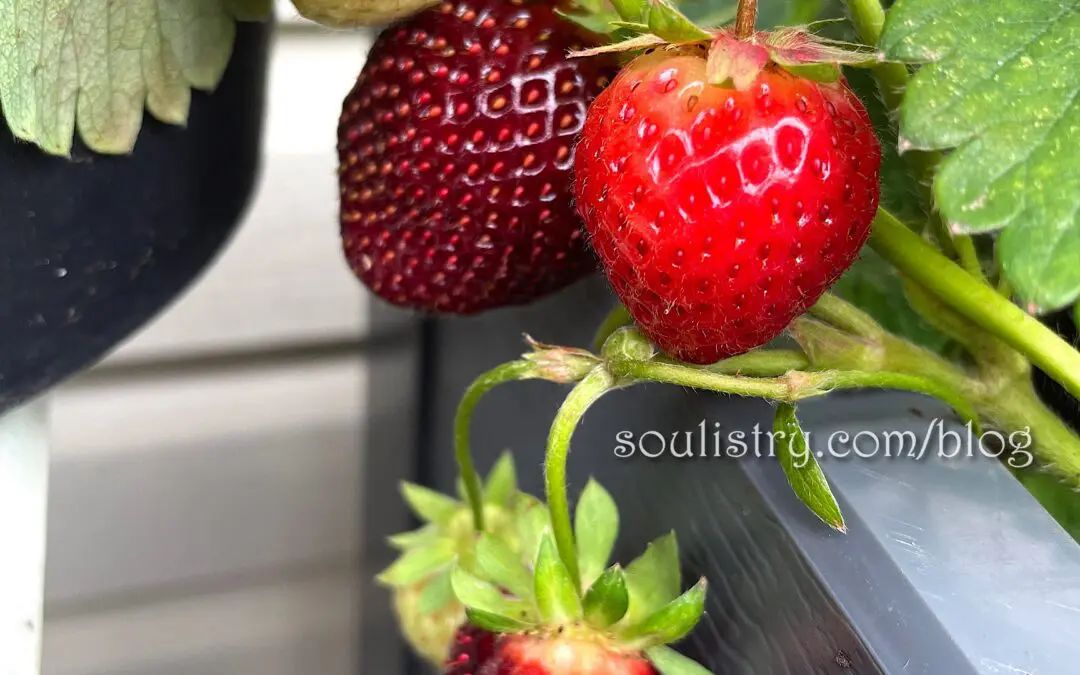
I wouldn’t have believed it if I hadn’t seen them.
November 2nd and there they were
… four strawberries in the strawberry planter on my deck, this morning!
We’ve already had our first snowfall
yet, they survived the snow and the cold and the rain
and there’s another berry
“on its way” to full strawberryhood. <g>
So if you’ve had a difficult day
… if the rains are causing your arthritis to flare
… if traffic was frustrating
… if the news brings despair
… if the future looks bleak
let these strawberries
… give you a sweet surprise
… put a smile on your face
even if
only for a second or two. ![]()
***********************
© June Maffin
https://soulistry.com/blog
www.facebook.com/groups/soulistry
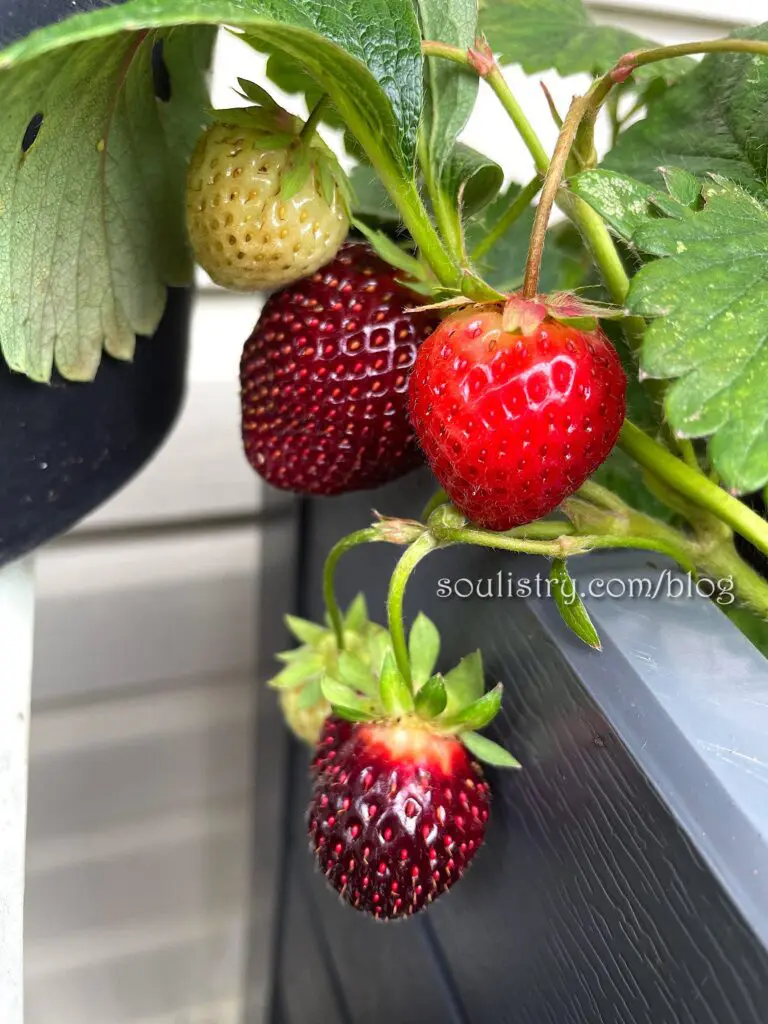

Gratitude today
for the gentle reflected image of boats
bringing
Stillness of water
… peace
Stillness of mind
… peace
Stillness of body
… peace
Stillness of soul
… peace
May it be so
as the reality of what happened
at a presidential rally in Pennsylvania on July 13, 2024
is processed
© June Maffin
https://www.soulistry.com/blog

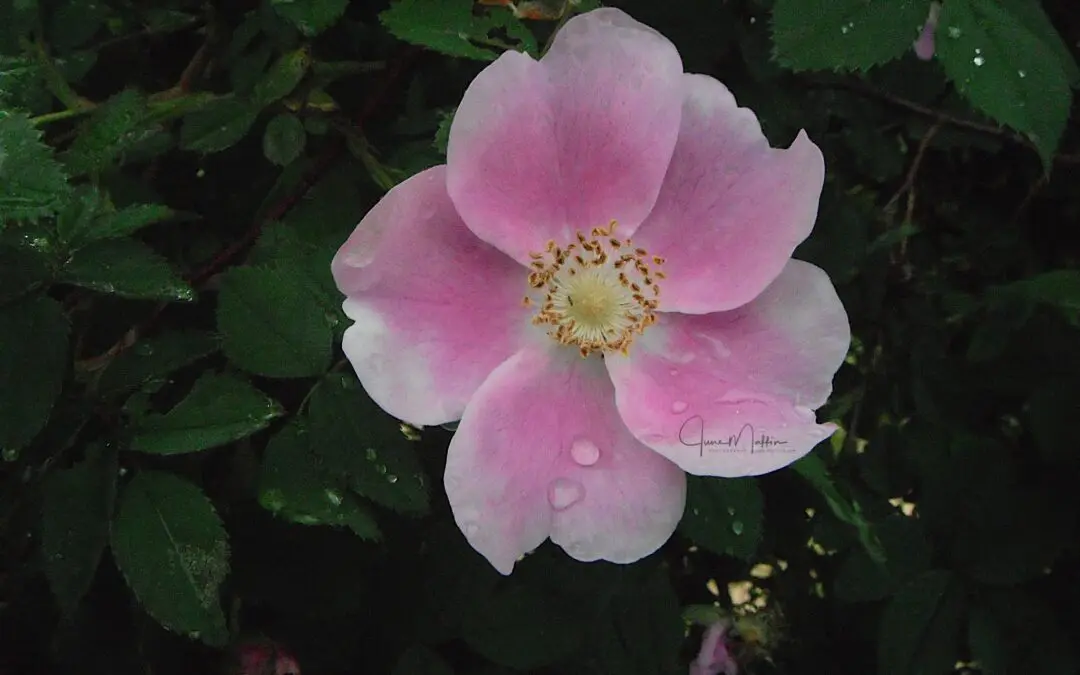
·
in the midst of tears
light raindrops on flower petals
reveal beauty
something about which
one can be grateful
if so
in the midst of personal tears
what are you grateful for today
if so
in the midst of political tears
what can we be grateful for today
if so
in the wider scheme of life
what can humanity be grateful for today
name them
name them out loud
name them by writing
name them so they will never be forgotten
even in the midst of tears
~~~~~~~~~~~~~~~~~~~~~~~
© June Maffin
https://www.soulistry.com/blog
www.facebook.com/groups/soulistry
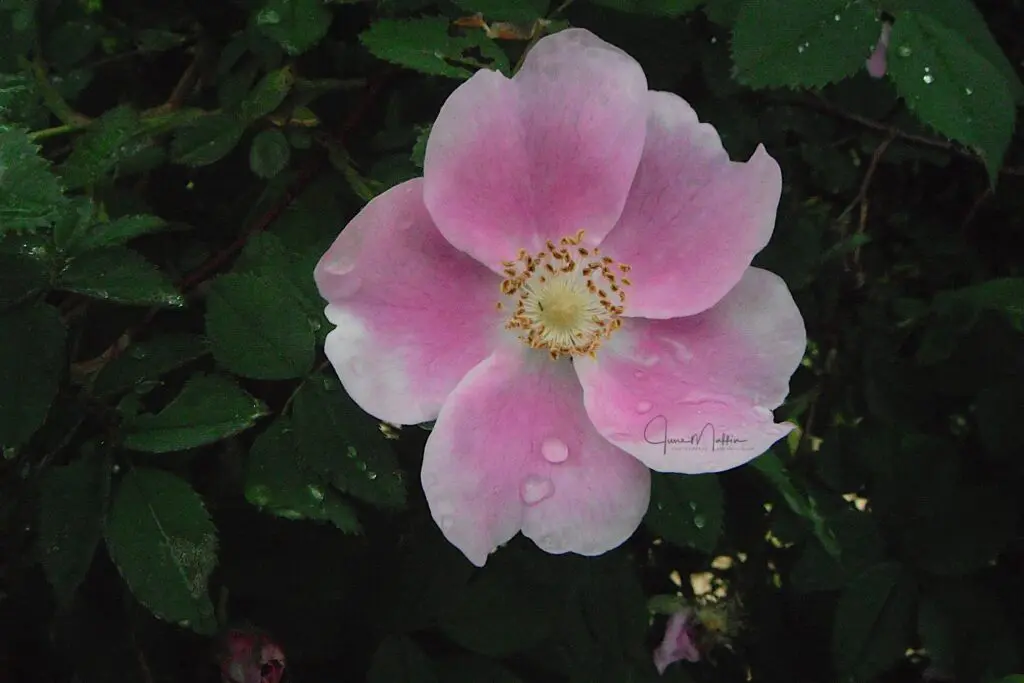
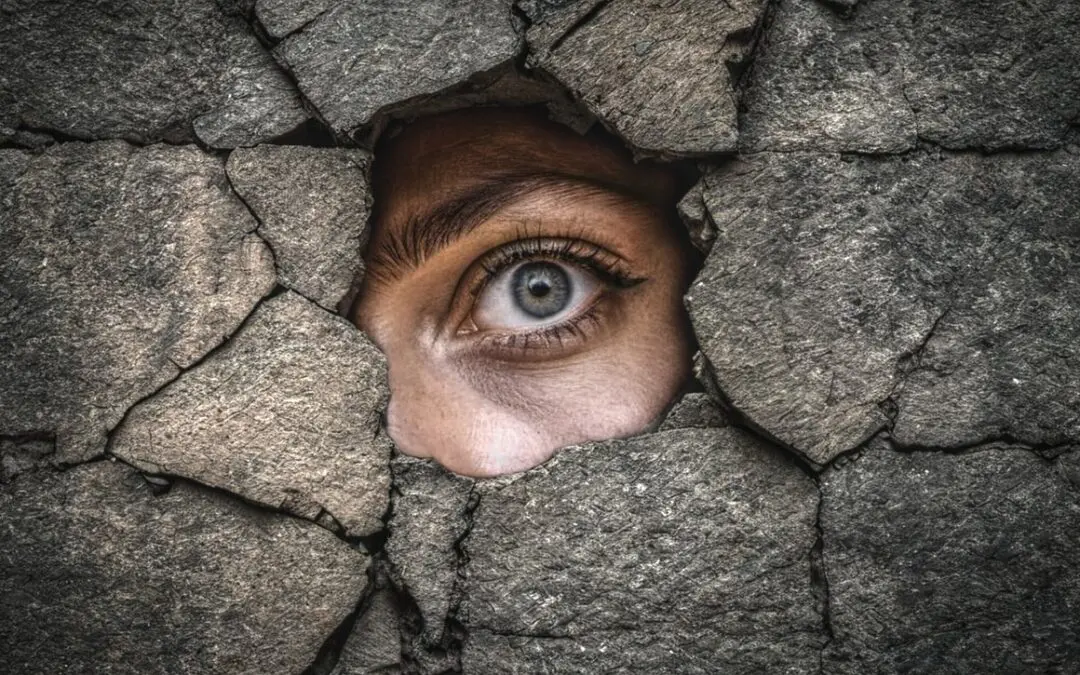
Have a look through the peekhole … what is on the other side, if the head of the ultra-conservative very radical-sounding Heritage Foundation and architect of Project 2025, Kevin Roberts, has his way, is devastating. He stated: “We are in the process of the second American Revolution, which will remain bloodless if the left allows it to be.”
WHAAAT?
American lawyer Joyce Alene Vance who served as the United States attorney for the Northern District of Alabama (2009 – 2017) has written an intro to Project 2025’s ideology starting on page 34) and says “He’s (Kevin Roberts) talking about using violence if the majority of American voters don’t agree with his vision for our country. He’s endorsing another January 6, a bloodletting if liberals won’t cave into his view of how the country should be run. If the left won’t “allow” him to have his way, he’s going to make us give in. That’s the man behind Project 2025.”
Please, look through the peekhole – learn about Project 2025 … share what you learn about the Project (which, btw, has already begun) on social media … recognize that this isn’t “pie in the sky” it is as real as were the warnings in Germany in the 1930’s. https://www.project2025.org/about/about-project-2025/ https://www.project2025.org/
There is only one way to stop Project 2025 and that is to exercise the right to vote – ignore the hype about the candidates – ignore the rhetoric about what Trump promises – just don’t ignore what undergirds Trump or what undergirds the Kevin Roberts’ of this world.
Today Americans mark their independence from a monarchy. Kevin Roberts is trying to re-create the monarchy.
Remember Roberts’ words: “We are in the process of the second American Revolution”. Not “going to be”. It’s begun. But it can be stopped by one simple act … voting blue – voting the Biden/Harris ticket – choosing democracy not fascism.
Btw, here’s a list of some of the actual things on the Heritage Foundation’s Project 2025 list:

It’s real. Its implementation has already begun. Read – digest – and recognize where/how you/your loved ones will be affected. No one will *not* be affected.
The U.S. Supreme Court’s decision took the United States back to July 3, 1776, the day BEFORE the Declaration of Independence. That SCOTUS decision gave Americans the thing that caused them to break away from England – away from a a president-king who’s above the law.
Peek through peep-hole and learn about the depth of the plan of Project 2025. It is not good. It is anything but good. If it succeeds, it will mean the end of democracy. Don’t let that happen – exercise your right to vote and vote for democracy: blue.
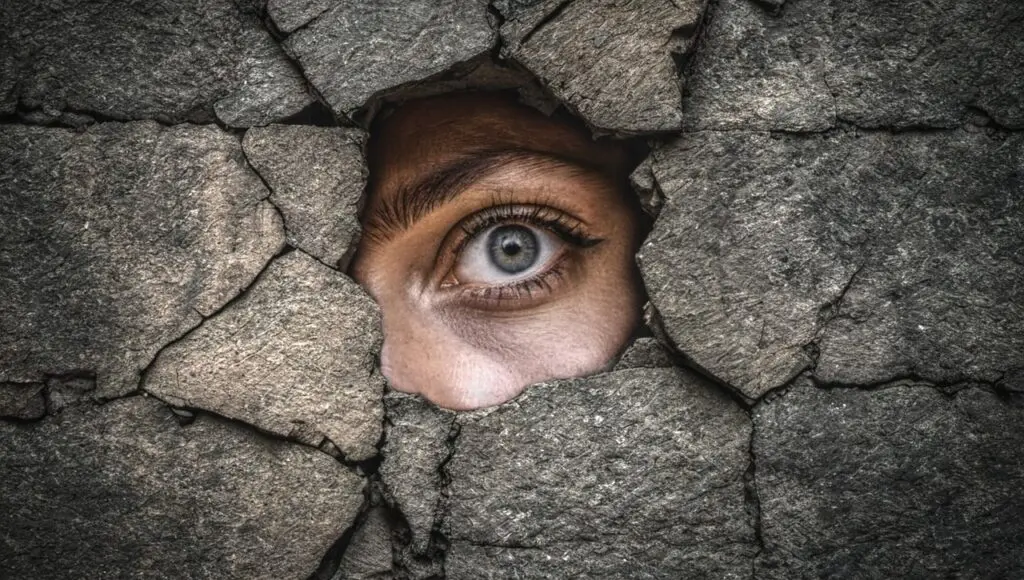
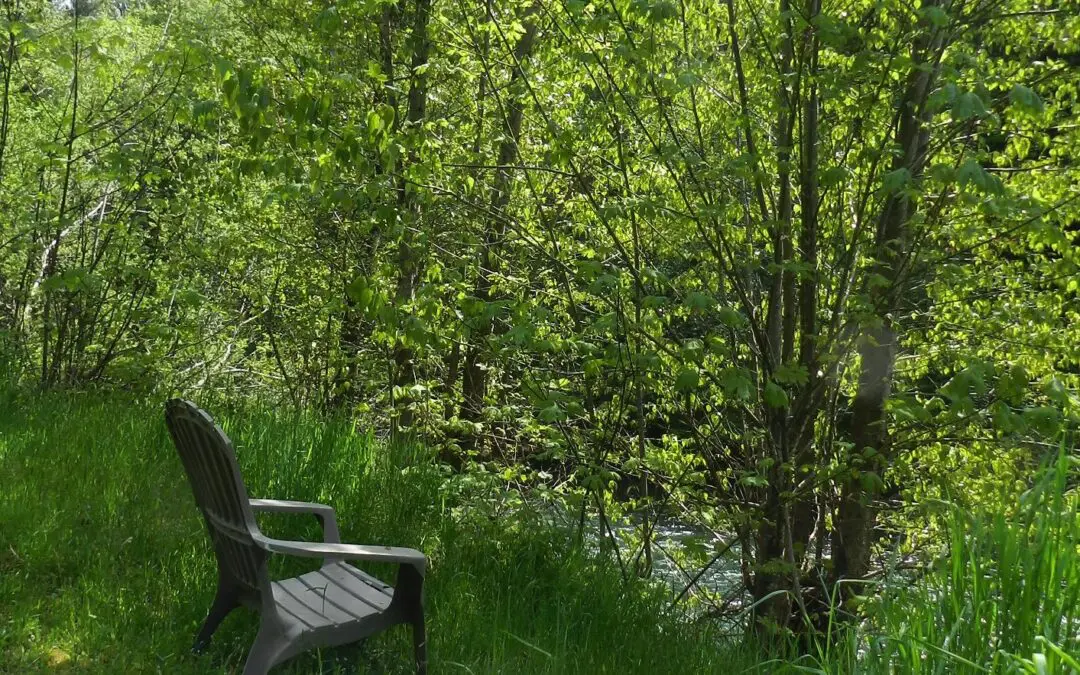
took a drive down a road not travelled
and discovered
a chair by the river
that called and spoke
come – sit – rest
gaze – ponder – exhale worry
question – dream – write
sketch – inhale peace – feel
believe – be –
that chair – a blessing
those surrounding trees – a blessing
the river before me – a blessing
peace within – a blessing
blessings around, above, beside, beneath, within
blessed moment-in-time
thanks to a chair by the river
˙© june maffin
As always, you are welcome to share this Soulistry reflection. Comments are always welcome and appreciated.
https://www.soulistry.com/blog
www.facebook.com/groups/soulistry


Quote:
“Happily may I walk. Happily with abundant dark clouds may I walk. Happily with abundant showers, may I walk. Happily with abundant plants, may I walk. Happily on a trail of pollen, may I walk. With beauty before me, may I walk. With beauty behind me, may I walk. With beauty above me, may I walk. With beauty below me, may I walk. With beauty all around me, may I walk. Wandering on a trail of beauty, lively I walk.
Author: Navajo chant
Soul-Questions
1. What moments in your life have you experienced
– “abundant dark clouds”
– “abundant showers”
– “abundant plants”
– “a trail of pollen”
2. How can you “happily” walk, regardless of outdoor weather conditions, your own inner emotional state, the global political angst?
2. What questions have been more important to you than the answers?
3. Consider your understanding of walking and the Navajo understanding. Is there a difference? If so, what?
4. What might prevent you from walking Navajo-style in your life?
5. What is your understanding of ‘beauty’?
6. What do you understand to be the Navajo chat understanding of ‘beauty’?
7. When you go for a walk, reflect on the ‘beauty’ you see “before me”, “behind me”, “above me”, “below me.”
In your journal, reflect on the above questions and how you might move beyond whatever blocked you in those circumstances.
***********************************************
How to use “Soulistry Soul-Questions”
You may want to begin a Journal so your responses are all in one place. Write the quotation. Add the first question and write your response.
Take your time in writing your replies.
This is your time.
These are your answers.
Then at your leisure, add the second Soul-Question and respond and continue on. Btw, it helps to put the date after each Soul-Question response.
The “Soul-Questions” group on Facebook can be found www.facebook.com/groups/soulquestions
The “Soul-Questions” website can be found at https://soulistry.com/soul-questions-blog-posts
© June Maffin
https://soulistry.com/blog
www.facebook.com/groups/soulistry
www.facebook.com/groups/soul-questions-blog-post


Welcome to “Soul-Questions” one of the Soulistry *umbrella* groups.
The “Soulistry: Artistry of the Soul – Creative Ways to Nurture Your Spirituality” publication offers 80 quotes by a wide variety of authors along with Soul-Questions to encourage readers to listen to the “still, small Voice within” and know themselves more deeply.
The book’s Preface, Prologue and Appendices supplement the Soul-Questions and are available in the print ‘book’ version available through Amazon, the author, your local bookstore, Gumroad. Over time, more of the quotes and their accompanying “Soul-Questions” from the book will find their way to this Facebook group. If you have a particular title from the list below you would like posted here, feel free to write me here on this site or: june at soulistry dot com.
Please note that if you subscribe to this website, you will receive all Soulistry postings directly into your inbox. No record is kept of your email address – no selling of your personal information either.
*************************
TITLES of Quotes and their authors (all with permission to publish) are as follows.
Aging … Mark Twain
Aiming High … Michelangelo
All Shall Be Well … Julian of Norwich
And the Day Came … Anais Nin
A Spiritual Experience … Pierre Teillard de Chardin
A Spirituality of Play … Margaret Guenther
A Spirituality of Work … Confucius
Being Remembered … Mattie Stepanek
Believing … Verna Dozier
Blessed Are You … Jesus of Nazareth
Challenge Your Limits … Jerry Dunn
Come to the Edge … Guillaume Apollinaire
Courage … Ambroe Redmoon
Darkness Deserves Gratitude … Joan Chittister
Deeping the Mystery … Francis Bacon
Doing Good … John Wesley
Doing What You Think You Cannot Do … Eleanor Roosevelt
Draw the Circle Wide … Gordon Light
Excursions to Enchantment … Thomas Moore
Faith … Patrick Overton
Feeding the Wolf … Cherokee Legend
Finding God’s Presence … Herbert O’Driscoll
Forgiveness .. Mahatma Gandhi
Friends … Kahlil Gibran
Gift … Denis Brown
Gladdening the Hearts … Henri Amiel
God’s Milk … Anne Sexton
Gratitude … Meister Eckhart
Happiness … Chinese Proverb
Hatred Ceases … Siddhartha Gautama (Buddha)
Holding Fast to Dreams … Langson Hughes
Hope Has Two Daughters … Augustine
Journey Inward … Dag Hammarskjold
Keening … Lara
Keeping Secrets … Paul Tournier
Laughing At Ourselves … Katherine Mansfield
Life Goes On … Robert Frost
Light From Within … Elisabeth Kubler-Ross
Living Life With Confidence … Henry David Thoreau
Look Well to This Day … Sanskirt Provert
Loving Your Enemy … Jesus of Nazareth
May I Walk … Navajo Chant
May You Be Blessed … St. Francis of Assisi
Mystery … Martin Buber
Nothing You Can Do … Desmond Tutu
Open Doors … Alexander Graham Bell
Peace Within … Jill Jackson
Problem-Solving … Anthony D’Angelo
Questions That Speak … Chinese Proverb
Radiating Intrinsic Goodness … Wangari Maathai
Rekindling the Light … Albert Schweitzer
Religious Belief … Dalai Lama
Rising Every Time … Confucius
Risking Frustration … Thomas Merton
Secret of the Spiritual Life … Gerald Heard
Seeing the Spirit Sparkle … Gwen Weaver
Six Letters … Gemma Black
Soul Alive … Eleonora Duse
Soul Harvest … Lao Tzu
Soul Stars … Pamela Vaull Starr
Spiritual Mountain-Climbing … Sri chinmoy
Success … Henry Ward Beecher
The Acquisition of Wisdom … Solomon ibn Gabirol
The Art of Being Kind … Ella Wheeler Wilcox
The Idea of God … Madeleine L’Engle (Miguel de Unamuno)
The Mark of Wisdom … Ralph Waldo Emerson
The Only Journey … Raider Maria Rilke
The Web of Life … Chief Seattle (traditionally attributed)
The Well Within … Thich Nhat Hanh
Today I Am Asking … Alice Hancock
Today’s Road … Nagarjuna (traditionally attributed)
Tomorrow’s Seeds … Chinese Proverb
Trusting the Unseen … Ralph Waldo Emerson
Vulnerability … Sigmund Freud
Walking In and Out … Joy Harjo
What Does Love Look Like … Augustine
What is Spirituality … Dan Wakefield
What We See … Peter Thornton
Worldly Inexperience … Joseph Addison
In the Appendices:
How to Make Your Own Journal
The Soulistry “story”
Author Biographies
About the Author – Who Am I?
